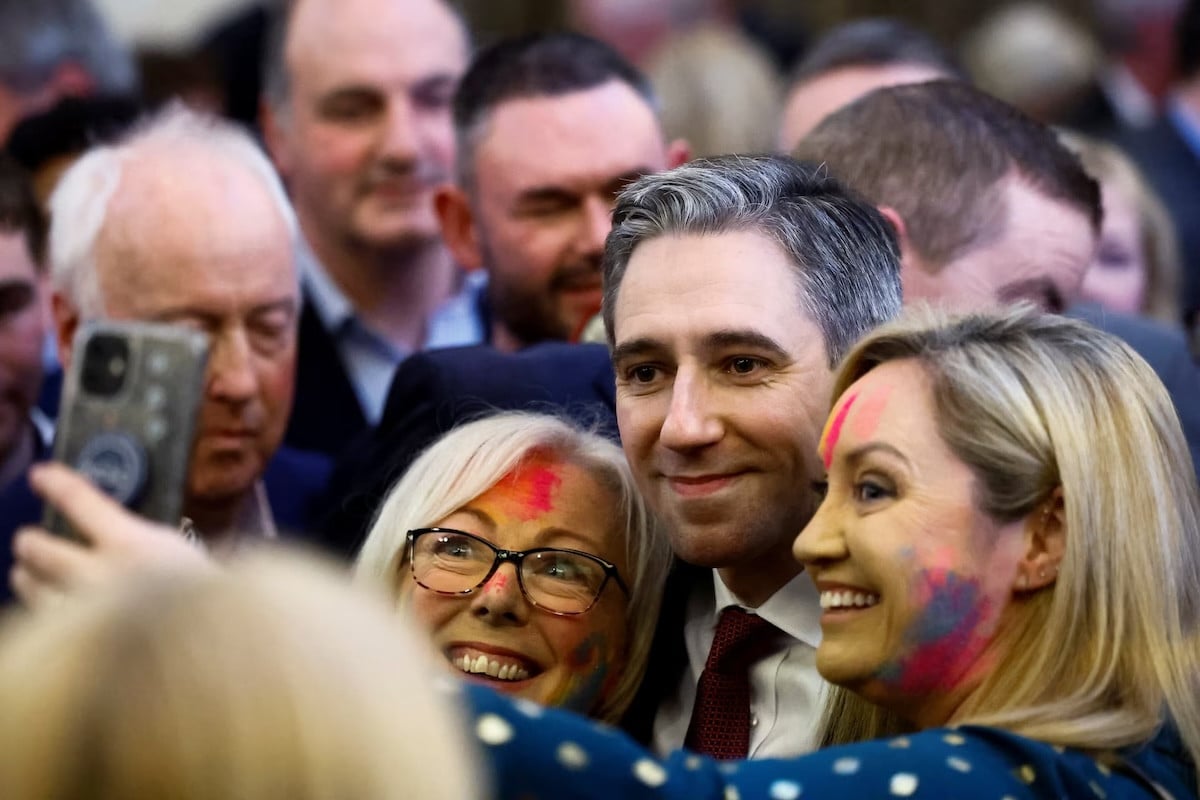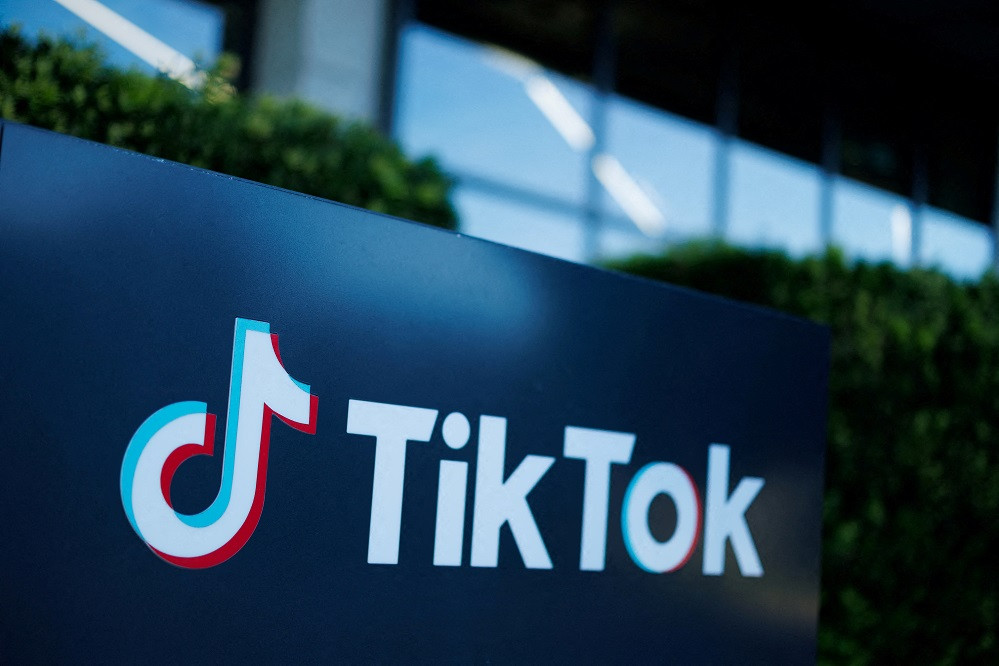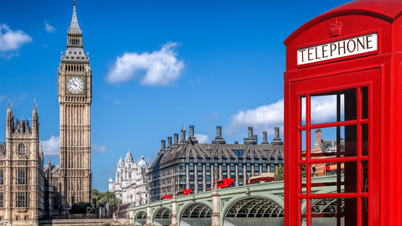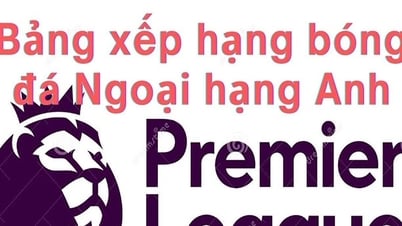In March, Simon Harris, the new prime minister of the Republic of Ireland, used the TikTok platform to tell the story of his rise from a “stubborn, moody teenager” struggling to support his autistic brother. With 95,000 followers, Harris has been dubbed the “TikTok Taoiseach,” one of the first politicians in Europe to “play Top Top.” Harris, like many politicians, believes the benefits of reaching out to younger voters outweigh security concerns.
A series of elections are due to take place in Europe in June, and traditional politicians are wary of smaller rivals successfully exploiting TikTok's influence.
TikTok's popularity among politicians comes as the platform has come under scrutiny over concerns that user data owned by parent company ByteDance could be transferred to third parties.
German security agencies, for example, have warned against using the app over concerns it could share third-party data or be used to influence users. In the US, lawmakers want to force parent company ByteDance to sell the platform or face being banned from app stores.
However, both the German chancellor and the US president have active TikTok accounts.

TikTok “stars”
In an effort to allay concerns from the EU, the Chinese-origin app opened a European user data storage center in Dublin last year and hired a third-party security firm to monitor the data flow.
Harris, 37, the youngest prime minister of the Republic of Ireland, was an early user of TikTok, regularly posting 60-second videos with background music.
Another politician, French President Emmanuel Macron, has also built 4 million followers since joining the platform in 2020.
In Germany, high-ranking politicians embracing TikTok is becoming a new trend, with Health Minister Karl Lauterbach becoming the country's first minister to open an account in March.
Earlier this week, German Chancellor Olaf Scholz officially launched a TikTok account with a post on social media X promising to “stop posting dance videos” (a major trend on the video-sharing platform). Reaching young voters is especially urgent as 16-year-olds in Germany can vote in June’s European elections.
Mainstream parties are concerned
Among political parties in Germany, the AfD dominates TikTok with more than 411,000 followers, of which the party's leading candidate personally owns 41,000 followers.
“Parties don't want to miss out on this important platform with young demographics and voters,” said political consultant Johannes Hillje.
Mainstream politicians, even if they want to compete with rival candidates on TikTok, also face a dilemma, as they themselves are skeptical of using the Chinese-origin platform.
German Health Minister Lauterbach acknowledged TikTok's communication effectiveness but remained cautious about the platform and bought a separate phone to use the app "to avoid data leaks".
Meanwhile, Mr Macron’s team of advisers said the French president considered the usefulness and the need for regulation to be separate issues. “We cannot ignore this population, the vast majority of whom do not watch television news or read newspapers,” said a Reuters source, speaking on condition of anonymity.
A Reuters Institute for the Study of Journalism report last year found that people are increasingly turning to TikTok for news as they are less likely to trust traditional media, with 20% of 18- to 24-year-olds using the platform for news.
However, not all countries are “open” to TikTok. Last year, the British and Austrian governments banned employees from using the video-sharing app on work phones.
Belgium also banned ministers and civil servants from installing TikTok on their official devices, but politicians have circumvented the law by using the app on separate devices.

Source


![[Photo] Prime Minister Pham Minh Chinh and Prime Minister of the Kingdom of Thailand Paetongtarn Shinawatra attend the Vietnam-Thailand Business Forum 2025](https://vphoto.vietnam.vn/thumb/1200x675/vietnam/resource/IMAGE/2025/5/16/1cdfce54d25c48a68ae6fb9204f2171a)
































![[Photo] President Luong Cuong receives Prime Minister of the Kingdom of Thailand Paetongtarn Shinawatra](https://vphoto.vietnam.vn/thumb/1200x675/vietnam/resource/IMAGE/2025/5/16/52c73b27198a4e12bd6a903d1c218846)



























































Comment (0)